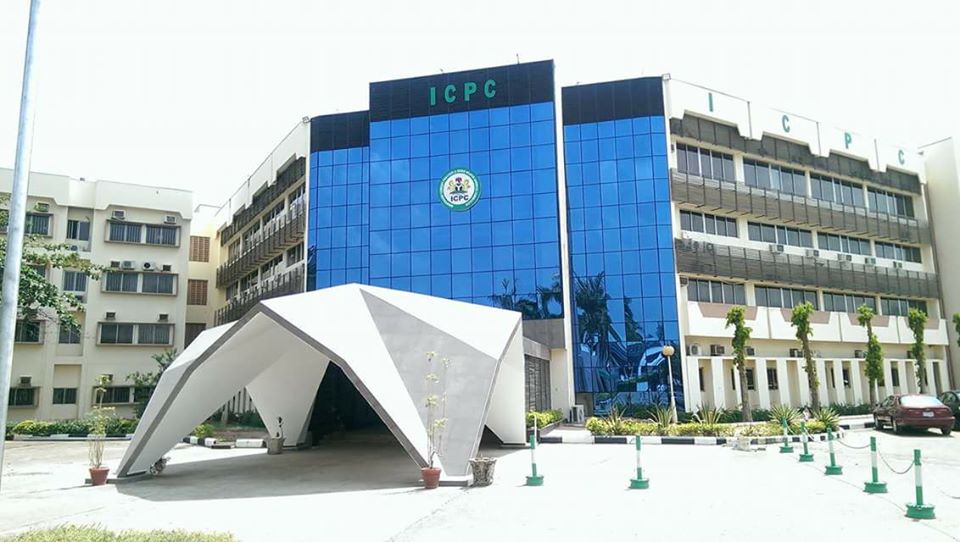The Independent Corrupt Practices and Other Related Offences Commission (ICPC) has said that corruption has become a problem in Nigeria because of the neglect of local culture of integrity and dignity of labour.
ICPC Chairman, Mr. Ekpo Nta, who spoke through the Secretary to the Commission, Dr. Elvis Oglafa, at the National Anti-Corruption Conference held at the Anti-corruption Academy of Nigeria (ACAN), Keffi, lamented that Nigerians have become used to the filthy proceeds from the culture of corruption to the detriment of reward for hard work that was the norm in time past.
Nta while speaking at the Conference which had the theme: ‘Culture of Corruption’, observed that it had become common for people and groups to rise in defence of persons indicted for corruption which is against the culture of integrity that our societies were known for.
He said, “In a situation where groups or communal and professional bodies rise in defence of their kith and kin, and of course their colleagues respectively indulge the culture of corruption.”
Earlier in his address, ACAN Provost, Professor Sola Akinrinade, mentioned that even though Nigeria’s rich local cultural heritage was replete with effective tools to combat corruption, there was no strong policy thrust to embed them in the fight against corruption.
According to him, “Nigerian traditional cultures are also believed to contain elements that could serve as effective tools for dealing with corruption. In Nigeria, virtually every community had one traditional mechanism or the other for dealing with crimes, including stealing and betrayal of public trust while promoting transparency, integrity and accountability.
‘However, these ‘indigenous cultural anti-corruption practices’ have so far failed to find their way into the official domain. So far, anti-corruption policy-making has largely ignored consideration of cultural values, and practices as well as popular culture in developing official responses and legislations.”
Professor Akinrinade concluded that a draft policy document on culture and corruption would be forwarded to the government for inclusion into the anti-corruption policy framework for effective implementation and results.


